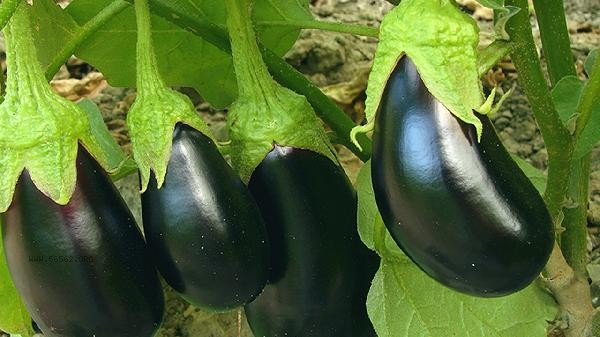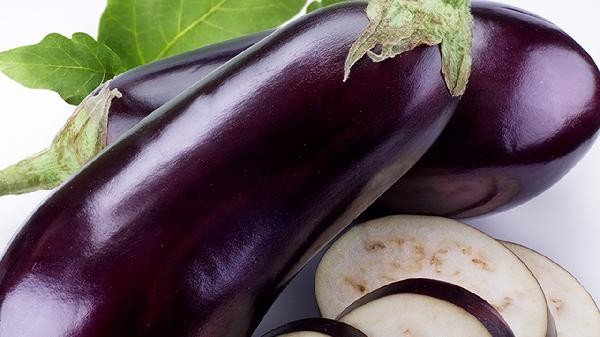Excessive oil absorption in fried eggplant can be improved through oil control treatment, adjusting cooking methods, pairing with non greasy foods, increasing dietary fiber intake, and moderate exercise. Excessive intake of fats and oils may cause gastrointestinal discomfort or weight gain, and prompt intervention is necessary.

1. Oil control treatment
Wrap the fried eggplant with kitchen paper and gently press to absorb the surface oil. Alternatively, the eggplant can be placed on a hollowed out steaming rack and allowed to settle, using gravity to allow excess oil to naturally drip. This method can reduce about 30% of the fat without affecting the crispy texture.
2. Adjust cooking method
Use an air fryer or oven to bake eggplants, and brush a thin layer of oil on the surface to achieve a frying effect similar to deep frying. If deep frying is necessary, it is recommended to cut the eggplant into pieces and steam for 5 minutes before frying. The honeycomb structure formed inside the eggplant can reduce oil absorption. The optimal oil temperature control is around 170 degrees Celsius.
3. When consuming, pair with acidic foods such as lemon juice and pickled radish to promote fat breakdown. Drinking tea polyphenol containing drinks such as Pu erh tea and hawthorn water after meals can help emulsify oils and fats. Cold mixed foods rich in alginate, such as black fungus and seaweed, can also block some fat absorption.
4. Increase dietary fiber

When paired with foods rich in water-soluble dietary fiber such as broccoli and oats, it can wrap oil in the intestines and eliminate it. The next day's diet can add ingredients such as konjac and apple, and its gel property can absorb residual oil. Ensure a daily intake of at least 25 grams of dietary fiber.
5. Moderate exercise consumption
1 hour after meals, engage in aerobic exercises such as brisk walking and skipping rope to accelerate triglyceride metabolism. Exercising for at least 30 minutes every day for three consecutive days can effectively burn excess calories. Whole body exercises such as swimming and cycling have a more significant effect on breaking down abdominal fat. Long term high-fat diet may induce fatty liver or high blood lipids. It is recommended to use low oil cooking methods such as steaming and blanching in daily life. Eggplant itself is rich in pectin and anthocyanins, and steaming it and sprinkling it with garlic paste can better preserve its nutrients. It is advisable to consume no more than 2 servings of fried foods per week, with each intake not exceeding 100 grams. If there is persistent bloating or acid reflux, it is recommended to seek medical attention and check blood lipid indicators. Developing the habit of drinking soup and chewing slowly before meals can reduce the risk of excessive oil intake.










Comments (0)
Leave a Comment
No comments yet
Be the first to share your thoughts!